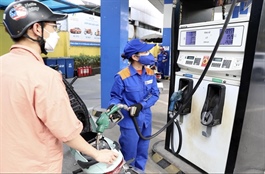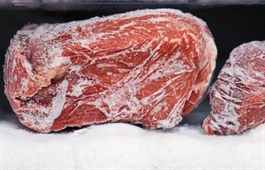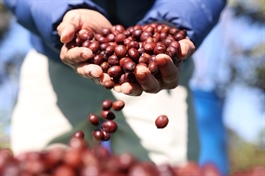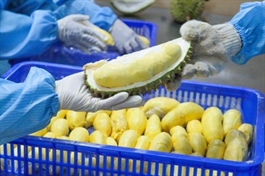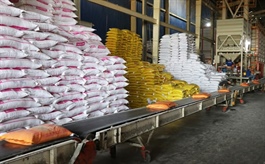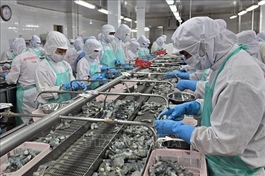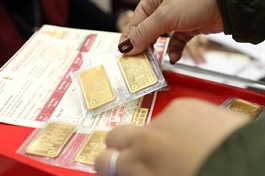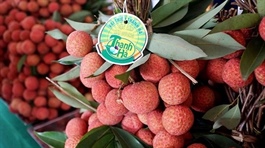Việt Nam spent nearly $2.6 billion on imported livestock products
Việt Nam spent nearly $2.6 billion on imported livestock products
Higher local costs and demand have made Vietnamese meat less competitive, boosting imports, the ministry said.
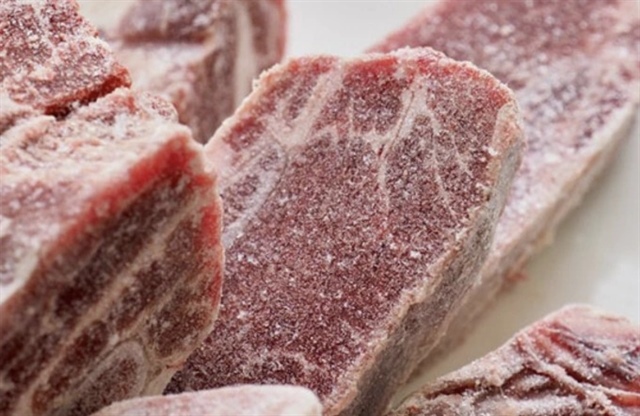
In July alone, the import value was estimated at nearly $400 million. — Photo thitnhapkhau.vn |
Việt Nam spent nearly US$2.6 billion to import livestock products in the first seven months of this year, up nearly 23 per cent over the same period in 2024, according to a newly released report by the Ministry of Agriculture and Environment.
In July alone, the import value was estimated at nearly $400 million.
Meat and meat by-products made up more than $1 billion of the total figure, while milk and dairy products represented more than $860 million.
According to the ministry, the increase in imports came from a rise in domestic consumption, especially as the price of Vietnamese raw materials surged, pushing meat prices higher and making it difficult to compete against imported products.
In HCM City, the price of meat imported from countries like Europe, Brazil, Canada and Australia is significantly lower than that of domestic meat. Some types of frozen meat imports are even sold at prices 40-60 per cent lower than domestic meat.
The large price gap has contributed to increasing the consumption of imported meat, putting pressure on domestic farmers. According to the Southeast Livestock Association, domestic production costs are high due to dependence on imported raw materials and a small production scale, while the domestic market is increasingly open, making it easy for foreign goods to reach Vietnamese consumers.
In this context, the domestic livestock industry is forced to adapt by increasing productivity, improving processes and diversifying products.
However, experts also note that in order for the competitive environment to be truly fair, controls on and close supervision of the quality of imported meat is essential, especially when African swine fever poses the risk of poor quality meat entering the local market.
- 08:00 08/08/2025



